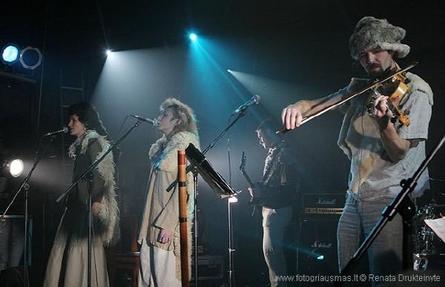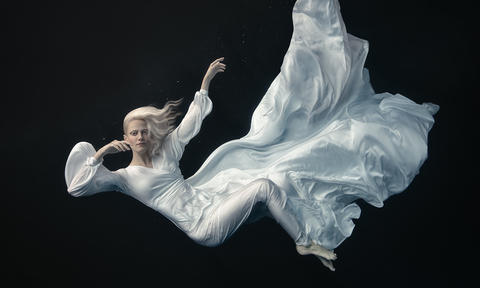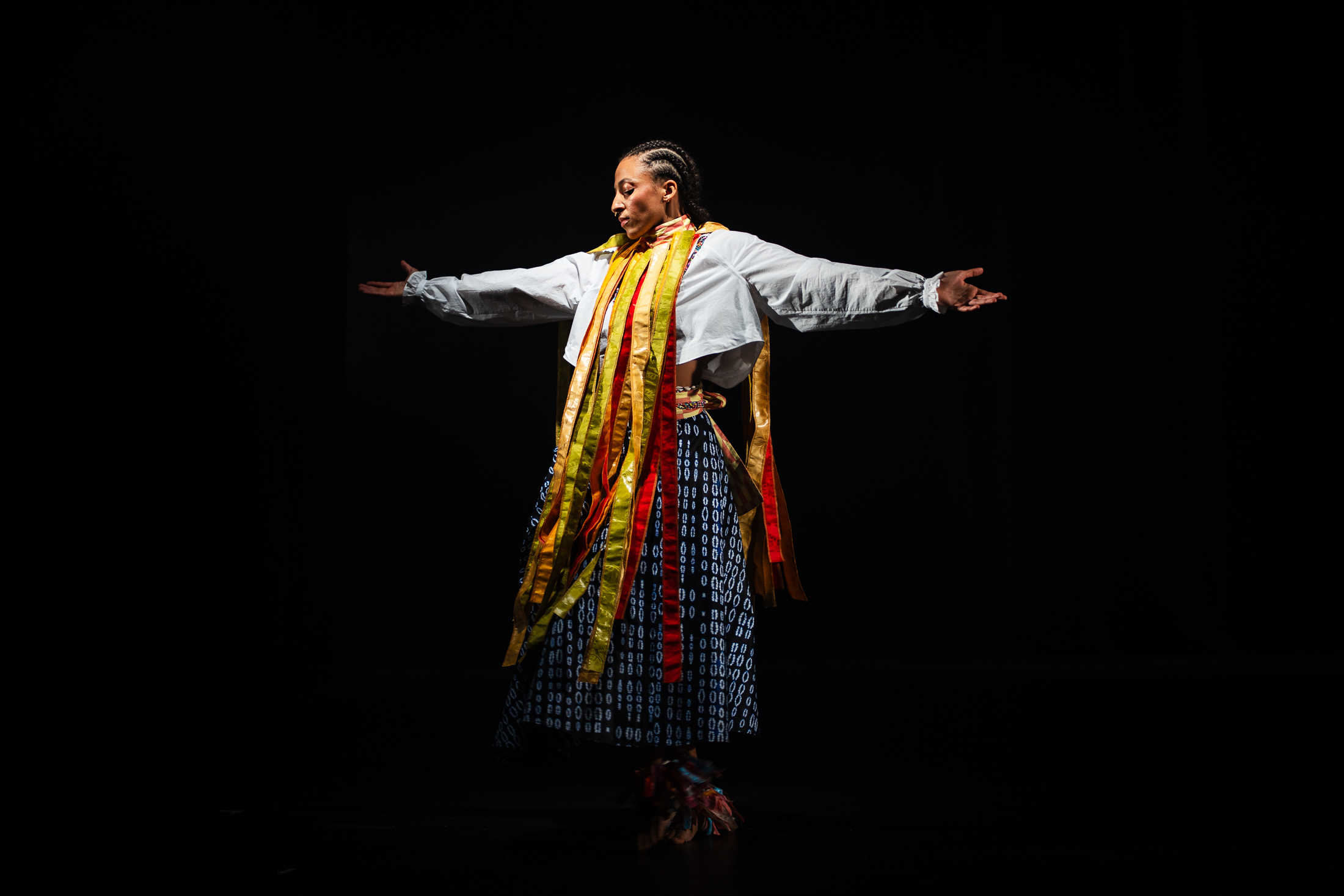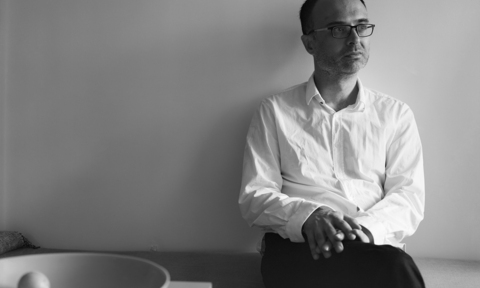|
Tuesday 14. 4.
info Atalyja (“The rain is coming”) is one of the most popular Lithuanian folkrock, postfolklore and world music bands, which blends archaic Lithuanian musical folklore with the forms of expression used in rock music. Over more than ten years of its existence Atalyja has earned love of listeners of different age groups. The band seeks to popularize the archaic folklore and bring ancient Lithuanian songs closer to the contemporary listener. The main part of the repertoire consists of sutartinės (polyphonic archaic songs – glees), calendar, war-historical, and wedding songs. Musical expression ranges from meditative improvisation to hard compositional art rock. Experimentation is not unfamiliar to the band musicians – the melodies of traditional songs are mixed with elements of classic rock, metal rock, blues rock, funk, and progressive rock, as well as classical music. The bands’s composing manner is marked by professional, dainty artistical arrangements, rich tonal palette, diverse rhythms, and unique polyphony. Traditional Lithuanian instruments (kanklės, panpipes, violin, bagpipe, Jew’s harp) are ingeniously combined with electric and bass guitars, rock percussion. Some songs are coloured with oriental shades of North Indian instruments: the bansuri (transverse Indian bamboo flute) as well as tabla (Indian pair drum). Lithuanian folkrock band Atalyja formed in autumn of 1998, and in spring of 1999 they made their debut in Kaunas, in postfolk festival “Suklegos”. A year later, the debut album “atalyja” (2000 MC, 2001 Kukū records CD) was released. It received international attention, and was appreciated in folk and world music magazines. The second album „Močia“ (The Mother) which saw daylight in 2004 (CD, Dangus records) is marked by vivid, warm sound. It was recognized as one of the most solid modern folk music releases in Lithuanian discography. In the third album “Saula riduolėla” – “Sun the Roller” (2009, Dangus records) “strict” composition blends with improvisation and experiments in an original way. Not only is the solar theme emphasized by the titles of some songs or the album itself, but is also further strengthened by the album's colourful and sunny sound. Currently there are three female vocalists in the band – Gedimina Statulevičienė, Audronė Daraškevičienė and Darutė Pilibavičienė (who also plays kanklės) as well as one male vocalist and kanklės player Rytis Ambrazevičius. Group’s multiinstrumentalist Ernest Jepifanov plays the bansuri (Indian flute), viola, bagpipe, and panpipes; Eirimas Velička plays the violin, kanklės, Jew’s harp. Bass guitar and kanklės are played by Gediminas Žilys, electric and acoustic guitars are played by Ugnius Keturka, and the percussion is handled by Salvijus Žeimys. The band gave concerts in Poland, Germany (2006), Turkey (2008), Latvia (2002), Estonia (2002), took part in Lithuanian radio and television programs. It is a common participant in Lithuanian folk, postfolk and neofolk festivals and city and town feasts. “Atalyja” continually plays at the festivals “Mėnuo Juodaragis”, “Baltic sound”, “Suklegos”, “Gyvosios archeologijos dienos”, “Skamba skamba kankliai”. The band’s music is used in numerous art projects, films, and theater performances. |
|






















